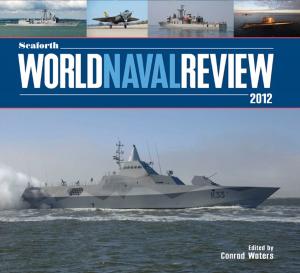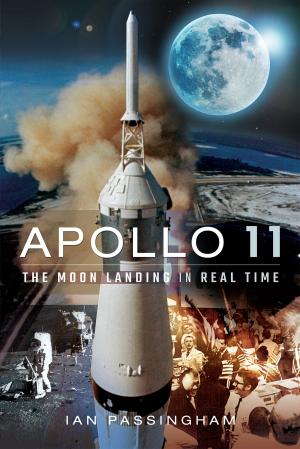| Author: | Nelson Cole | ISBN: | 9781783468744 |
| Publisher: | Pen and Sword | Publication: | May 23, 2011 |
| Imprint: | Seaforth Publishing | Language: | English |
| Author: | Nelson Cole |
| ISBN: | 9781783468744 |
| Publisher: | Pen and Sword |
| Publication: | May 23, 2011 |
| Imprint: | Seaforth Publishing |
| Language: | English |
This is the narrative of a harpooner in the whale-ship Charles W Morgan, whose four-year voyage in 1849-1853 took him from New Bedford, Massachusetts, to the South Pacific and on around the world. Before the days of the whale-gun and its explosive warhead, whaling was a dangerous and far from one-sided pursuit – indeed, one of Haley’s earliest experiences was the destruction of his boat by a whale attack, and even when the harpoon hit the target, the whaleboat would be towed at speed until the wounded whale was exhausted, a terrifying experience that was known to whalemen as a ‘Nantucket sleigh ride’.
Haley’s narrative covers all the excitements and dangers of the business – like trying to work on a slippery whale carcass, while the surrounding waters seethed with sharks – but also encompasses the long hours of boredom, when sailors entertained each other with tall tales. Many are recounted, and, surprisingly, some of the least likely can be corroborated. In fact, Haley’s anecdotes of the South Seas in transition form one of the great appeals of the book. On the one hand there were still hostile islands with murderous inhabitants, while others had been so strongly influenced by Christian missionaries that pleasures of the flesh were now entirely off-limits.
Whaling was, in effect, the first oil industry, a high-risk business where huge fortunes were to be made. Haley’s is the authentic voice of those that chose its dangers.
This is the narrative of a harpooner in the whale-ship Charles W Morgan, whose four-year voyage in 1849-1853 took him from New Bedford, Massachusetts, to the South Pacific and on around the world. Before the days of the whale-gun and its explosive warhead, whaling was a dangerous and far from one-sided pursuit – indeed, one of Haley’s earliest experiences was the destruction of his boat by a whale attack, and even when the harpoon hit the target, the whaleboat would be towed at speed until the wounded whale was exhausted, a terrifying experience that was known to whalemen as a ‘Nantucket sleigh ride’.
Haley’s narrative covers all the excitements and dangers of the business – like trying to work on a slippery whale carcass, while the surrounding waters seethed with sharks – but also encompasses the long hours of boredom, when sailors entertained each other with tall tales. Many are recounted, and, surprisingly, some of the least likely can be corroborated. In fact, Haley’s anecdotes of the South Seas in transition form one of the great appeals of the book. On the one hand there were still hostile islands with murderous inhabitants, while others had been so strongly influenced by Christian missionaries that pleasures of the flesh were now entirely off-limits.
Whaling was, in effect, the first oil industry, a high-risk business where huge fortunes were to be made. Haley’s is the authentic voice of those that chose its dangers.















